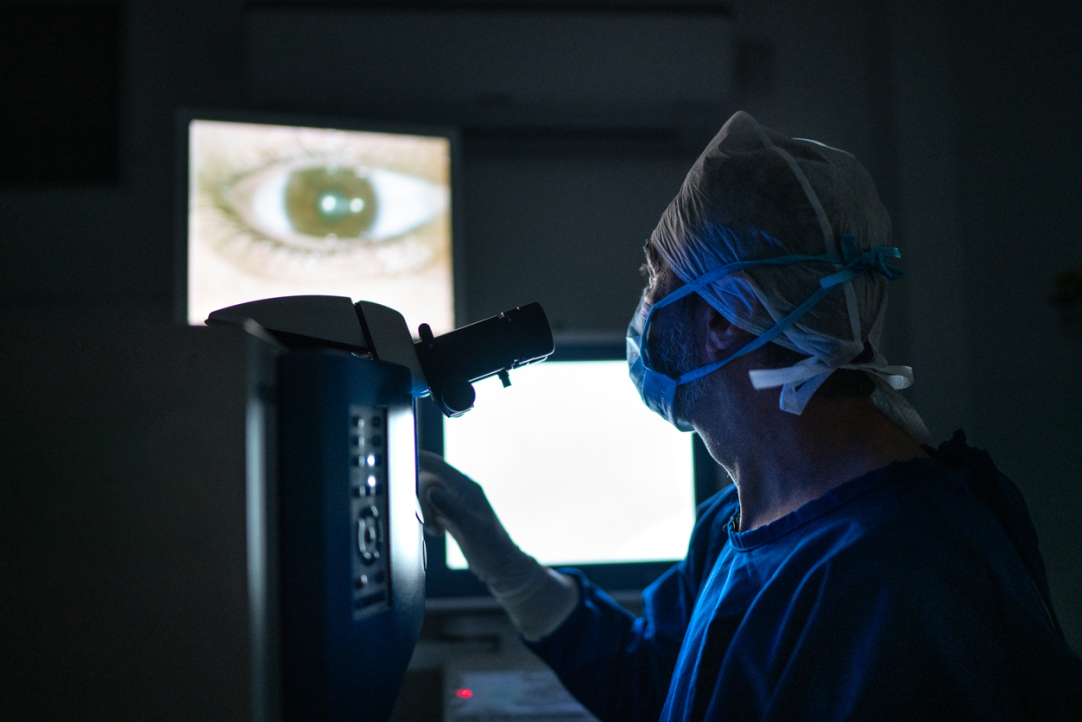Scientists at the AI Research Centre and the AI and Digital Science Institute of the HSE Faculty of Computer Science applied classical reinforcement learning algorithms to train generative flow networks (GFlowNets). This enabled significant performance improvements in GFlowNets, which have been employed for three years in tackling the most complex scientific challenges at modelling, hypothesis generation, and experimental design stages. The results of their work achieved a top 5% ranking among publications at the International Conference on Artificial Intelligence and Statistics AISTATS, held on May 2-4, 2024, in Valencia, Spain.








.jpg)









.jpg)

